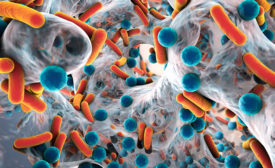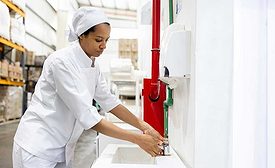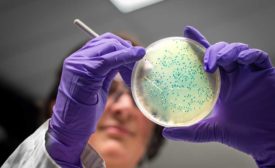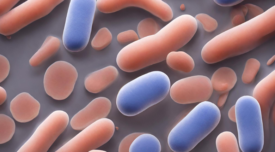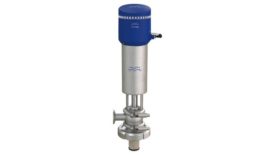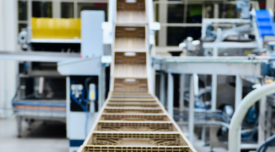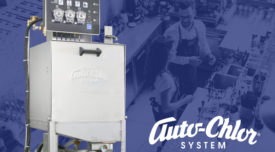Sanitation
Building a Culture of Hygiene in the Food Processing Plant
One of the crucial building blocks for a successful food safety or quality culture is basic food hygiene
February 13, 2024
Never miss the latest news and trends driving the food safety industry
eNewsletter | Website | eMagazine
JOIN TODAY!Copyright ©2024. All Rights Reserved BNP Media.
Design, CMS, Hosting & Web Development :: ePublishing
